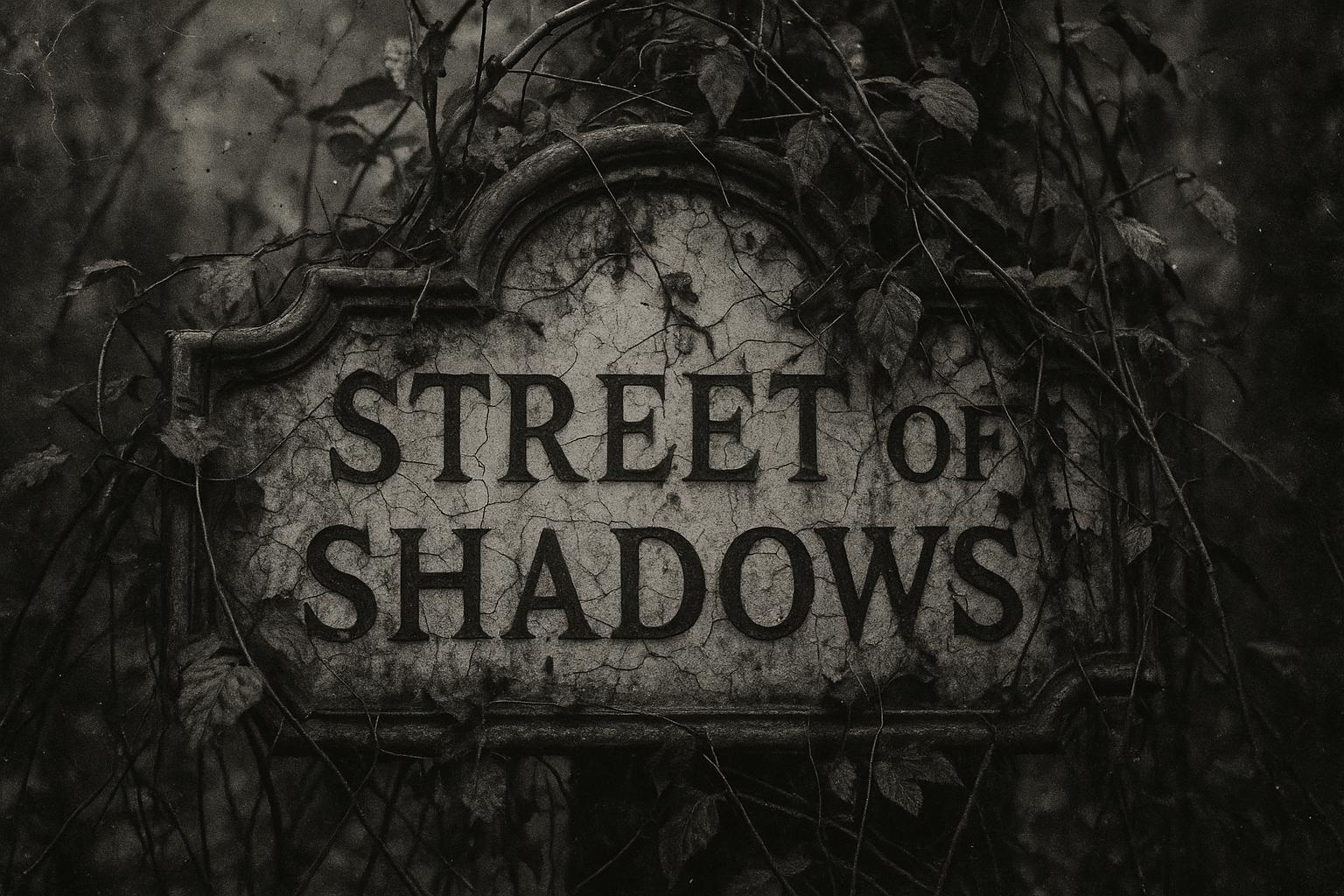The Metropolitan Police is currently investigating "tens" of group-based child sexual abuse cases, often referred to as grooming gangs, but the scope and scale of the issue are more complex than commonly perceived. Met Commissioner Sir Mark Rowley revealed to the London Assembly that an initial search of historic cases identified roughly 9,000 incidents potentially fitting a broad national definition of group-based sexual offending, which includes any case involving two or more suspects and at least one victim. However, after reviewing 2,200 of these cases, only about 1,200 remained within the scope of this definition, a number that will likely decrease further as investigations continue. The commissioner emphasised that the term "grooming gangs" often oversimplifies the range of offending, which includes intra-familial abuse, institutional abuse, peer-on-peer exploitation, and online abuse. He also highlighted that suspect ethnicities in these cases reflect London's diverse population, countering narrower public narratives focused on specific ethnic groups.
Sir Mark stressed the importance of precise language in describing these crimes to avoid misleading communities and underscored the significant volume of sexual offences handled by the Met, with around 2,000 cases recorded monthly, half of which involve child sexual abuse. This volume, coupled with the historic investigation backlog, presents a considerable challenge demanding additional funding and specialised officers. Speaking to the Assembly, Sir Mark also dispelled the prevalent stereotype that group-based child sexual abuse in London is predominantly committed by groups of Pakistani men targeting white British children, indicating the reality is far more diverse.
The Metropolitan Police's review forms part of a larger national effort prompted by heightened political and public scrutiny, with the review expected to conclude by April 2026. Its goal is to uncover any missed investigative leads and ensure justice for victims, addressing all forms of abuse encompassed by the broad definition, not solely cases traditionally labelled as grooming gangs.
This ongoing re-examination comes amid attention on other UK police forces dealing with similar child exploitation issues. Greater Manchester Police (GMP), for example, is actively investigating over 1,000 suspects involved in child sexual exploitation networks. According to official inspections, GMP is managing cases involving 714 identified victims and survivors and has invested in specialised teams treating grooming gang cases with the seriousness accorded to organised crime. Despite significant improvements since 2019 in GMP’s handling of these cases, inspectors noted some loss of trust among victims, highlighting the sensitive and complex nature of these investigations.
Parallel to police efforts, the British government has escalated its response. Prime Minister Keir Starmer has announced a forthcoming national inquiry into grooming gangs, reversing earlier resistance to such statutory reviews. This decision follows recommendations from senior officials and has been driven by political and public pressure, including critiques pointing to previous systemic failures that allowed widespread abuse over a decade ago. The National Crime Agency (NCA) has also been enlisted to assist in identifying and prosecuting additional suspects linked to these historic abuses, many of which involve predominantly Pakistani men accused of targeting young white girls. These scandals have sparked vigorous debate over prior institutional reluctance to act due to concerns about racism accusations.
In London, the Assembly has urged the government to accelerate the inquiry process and ensure the Metropolitan Police receive adequate support to address the significant case backlog. London Mayor Sir Sadiq Khan, during a recent Assembly meeting, defended his record on supporting victims and survivors of abuse but acknowledged that while London faces child sexual exploitation, its profile differs somewhat from other regions in England. Khan reaffirmed his commitment to strengthening protections for vulnerable children and those exploited.
The unfolding investigation and political developments highlight not only the scale and complexity of child sexual exploitation cases in the UK but also the sensitivity required in public discourse and police work. The ongoing reviews and forthcoming inquiries aim to bring systemic clarity and justice while recognising the diverse forms of abuse beyond the simplified, often misleading, "grooming gangs" label.
📌 Reference Map:
- [1] (BBC News) - Paragraphs 1, 2, 4, 5, 7
- [2] (BBC News) - Paragraph 3
- [3] (GB News) - Paragraph 4
- [4] (Sky News) - Paragraph 4
- [5] (Reuters) - Paragraph 6
- [6] (Reuters) - Paragraph 6
- [7] (London Assembly) - Paragraph 7
Source: Noah Wire Services
